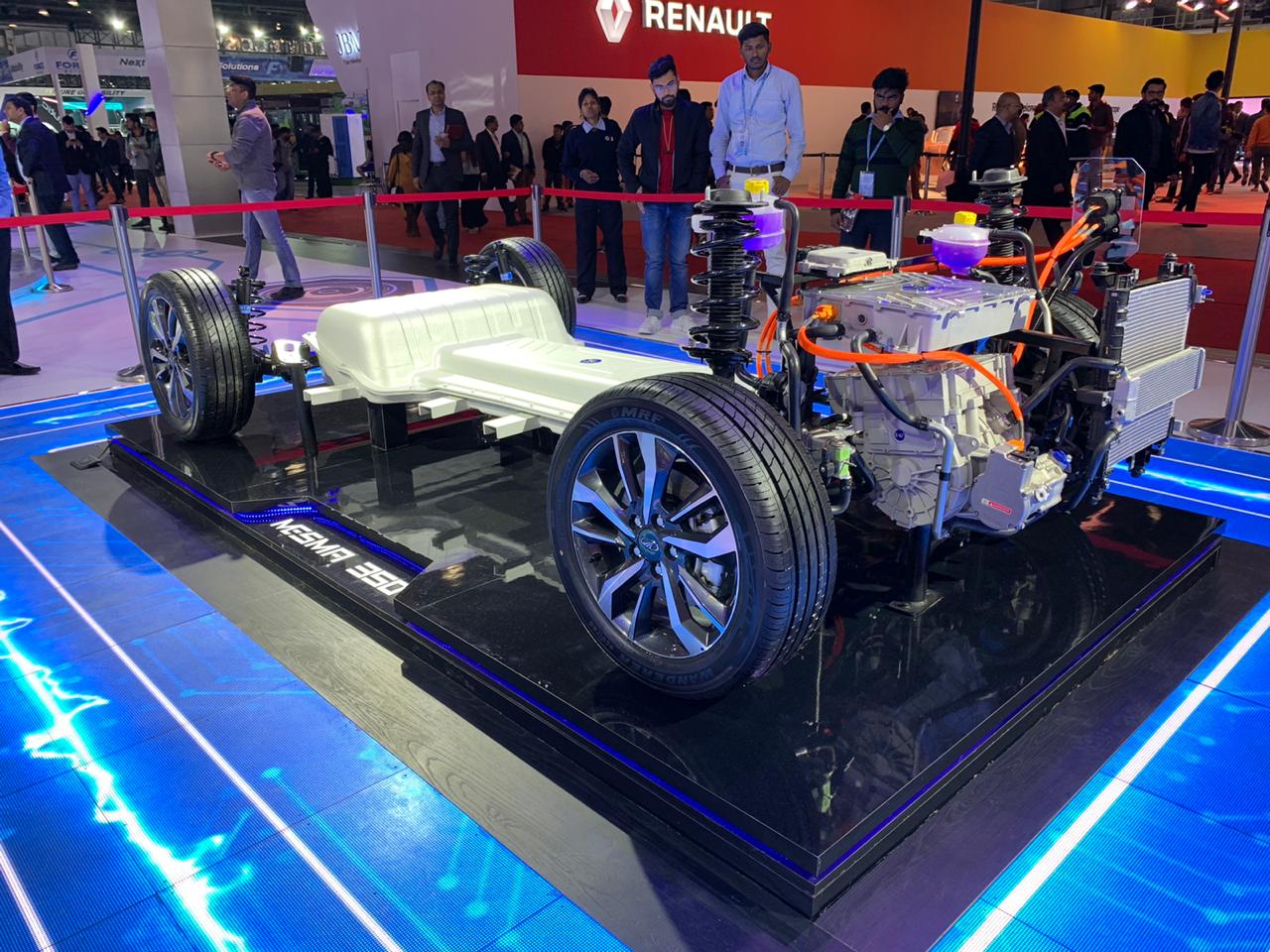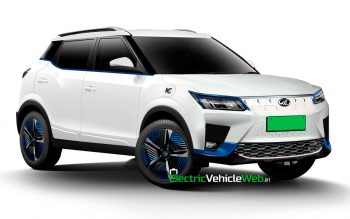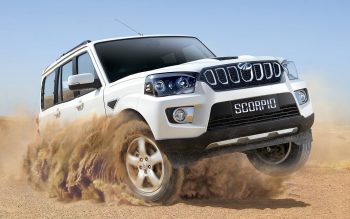Mahindra & Mahindra has begun talks with several automobile companies like Ashok Leyland, Hyundai and Renault for supplying its electric powertrains, Economic Times reports.
Mahindra believes that selling the powertrains to the competition will help electric vehicles to be commercially more viable as this move lets the company to scale and justify the investment, and not to mention getting the return on investment sooner. Mahindra is ready with its electric powertrain, the 350V MESMA, which it presented at the Auto Expo, that will power future Mahindra products such as the eXUV300. The high-voltage, high-performance powertrain would also likely be the support system for the two sedans are to emerge from the Mahindra-Ford alliance in FY2022.
If every OEM starts buying from different sources, the costs will be high. However with one company supplying to multiple sources would generate economies of scale. Since the EV segment is getting started, there is enough space for everyone to enter, and the entry of new players would only improve the overall EV ecosystem.
Hyundai and Ashok Leyland have been scouting for partnerships worldwide for the EV technology, to develop more products and make the EVs affordable, with the former investing in startups Arrival (UK-based) and Canoo (USA-based) for affordable electric commercial vehicles, and the latter joining hands with ABB (Sweden-based) to rollout electric buses that can charge within seconds. Ashok Leyland has already partnered with Sun Mobility for the development of Circuit S electric bus, which will be using Sun Mobility’s swappable battery tech.
Hyundai has announced that it is developing an affordable vehicle series for India (under the ‘Smart EV’ project) expected to come out in 2022. Having successfully delivered zero-emissions cars like the Hyundai Kona and Ioniq on a global level, if an agreement is reached by Hyundai and Mahindra Electric, it maybe for the second wave of low-cost models. Hyundai and Kia have invested USD 300 million in Ola’s Electric Mobility arm and are expected to be the top suppliers of customized electric vehicles to mobility services company.
Finally, Renault is working on a CMF-A architecture to launch an affordable electric vehicle for India. It is also investigating if the Twizy can be repurposed to meet the local requirements for parcel delivery.
According to Avik Chattopadhyay, founder of consultancy firm Expereal, OEMs need to work together for creating a better ecosystem for EVs in India. He quotes Fiat’s engine business (Fiat supplies engines to Maruti, Tata Motors and Jeep) as a good example for sharing technology and it makes sense for EV companies to collaborate for different solutions.
Meanwhile, on the electric passenger vehicle front, Mahindra has lined up a slew of launches for 2020 and 2021 starting with the eKUV100 in mid-2020, followed by the all-new Thar, Atom electric quadricycle, new-generation XUV500 and Scorpio, and the eXUV300.
[Source: Ecnomictimes.indiatimes.com]


![5 things you should know about the Mahindra eKUV100 [Update]](https://electricvehicleweb.com/wp-content/uploads/2021/02/Base-Mahindra-eKUV100-front-spy-shot-350x197.jpg)
